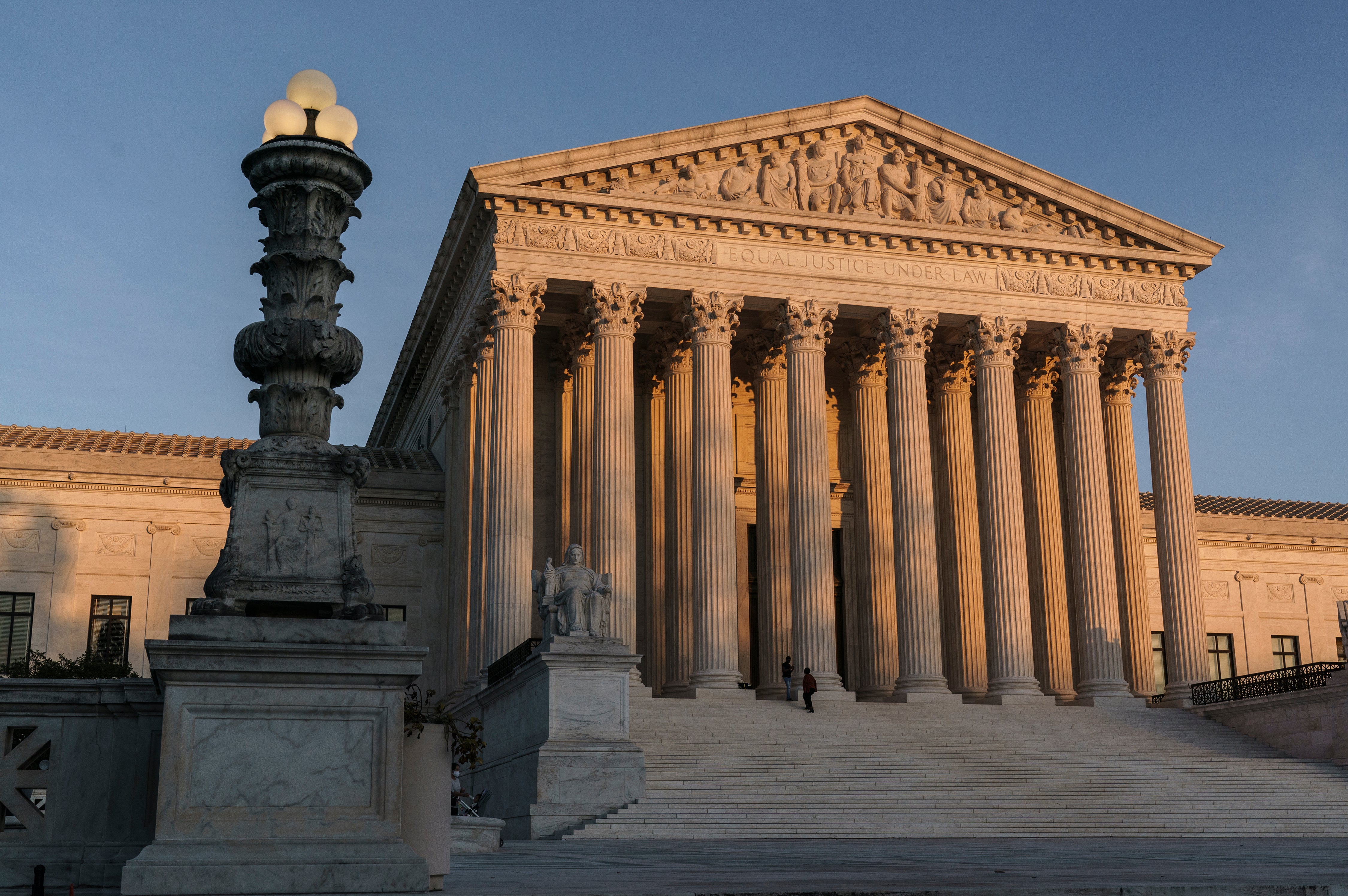Supreme Court sides with Germany in Nazi-era art dispute
The Supreme Court is making it harder for a multimillion-dollar lawsuit involving centuries-old religious artworks obtained by the Nazis from Jewish art dealers to continue in U.S. courts

Your support helps us to tell the story
From reproductive rights to climate change to Big Tech, The Independent is on the ground when the story is developing. Whether it's investigating the financials of Elon Musk's pro-Trump PAC or producing our latest documentary, 'The A Word', which shines a light on the American women fighting for reproductive rights, we know how important it is to parse out the facts from the messaging.
At such a critical moment in US history, we need reporters on the ground. Your donation allows us to keep sending journalists to speak to both sides of the story.
The Independent is trusted by Americans across the entire political spectrum. And unlike many other quality news outlets, we choose not to lock Americans out of our reporting and analysis with paywalls. We believe quality journalism should be available to everyone, paid for by those who can afford it.
Your support makes all the difference.The Supreme Court is making it harder for a multimillion-dollar lawsuit involving centuries-old religious artworks obtained by the Nazis from Jewish art dealers to continue in U.S. courts.
The court ruled unanimously Wednesday in a case involving the 1935 sale of a collection of medieval Christian artwork called the Guelph Treasure. The heirs of the art dealers contended the sale of the works, now said to be worth at least $250 million, was done under pressure. Germany disagreed and argued that the case did not belong in the American legal system.
The justices said the heirs had not at this point shown that federal law allowed them to bring their case in U.S. courts. The court sent the case back for additional arguments.
Because of that ruling, the Supreme Court also sent a similar case involving a group of Hungarian Holocaust survivors back to a lower court. They were seeking to be compensated for property taken from them and their families when they were forced to board trains to concentration camps.